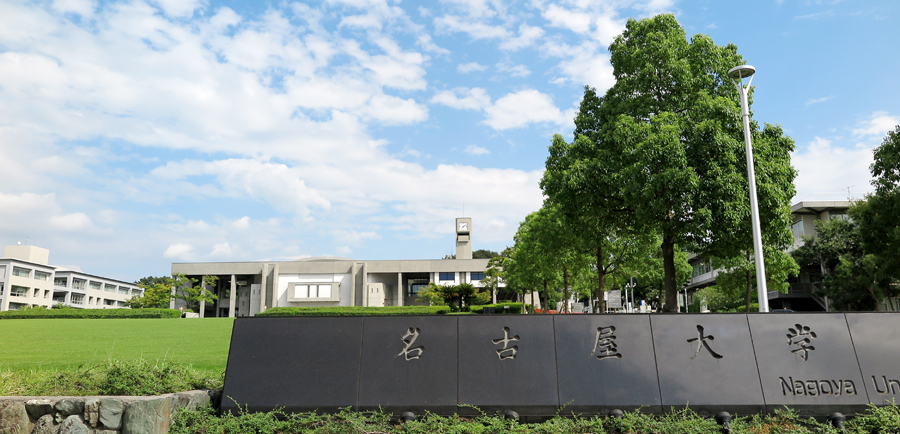Master’s Program
(1) The Graduate School of International Development seeks the following persons:
- Those who possess a high level of English language proficiency, have a basic understanding of their chosen field of specialization, and are able to think logically; those who have a strong desire to conduct empirical research on the development problems that the international community, states, and civil society organizations tackle by using social science theories and methods, and to contribute to policymaking and implementation from a global perspective;
- Those who have the will to contribute to state- and community-building in cooperation with the international community and with a full understanding of national and local realities;
- Those who are eager to realize sustainable development and just societies at the global level while establishing a worldwide network of governments, universities, international organizations, private companies, nongovernmental organizations, and individual citizens.
(2) Basic Admission Policy
Applicants who meet the three requirements outlined in the student admission policy shall be accepted into the Master’s program. Document screenings and oral examinations shall be conducted in order to determine whether applicants meet the following requirements: possess a high level of English language proficiency, have a basic understanding of their chosen field of specialization, and are able to think logically. Applicants who successfully pass the document screening shall then undergo an oral examination, where they will be asked questions relating to their undergraduate studies, proposed research plan and future career goals. Students shall be chosen for admission based on the combined scores of the document screening and oral examinations.
Doctoral Program
(1) The Graduate School of International Development seeks the following persons:
- Those who have a strong desire to conduct empirical research on the development problems that the international community, states, and civil society organizations tackle by using social science theories and methods, and to contribute to policy-making and implementation from a global perspective;
- Those who have the will to contribute to state- and community-building in cooperation with the international community and with a full understanding of national and local realities;
- Those who are eager to realize sustainable development and just societies at the global level while establishing a worldwide network of governments, universities, international organizations, private companies, nongovernmental organizations, and individual citizens.
(2) Basic Admission Policy
Applicants who meet the three requirements outlined in the student admission policy shall be accepted into the Doctoral program. After submission, the applicant’s MA thesis (or comparable research article) along with a proposed research plan to be carried out in the Doctoral program shall undergo an initial document screening and be judged according to the Graduate School’s diploma policy. Applicants who successfully pass the initial document screening stage shall then undergo an oral examination, where they will be asked questions relating to their MA thesis (or comparable research article), proposed research plan and future career goals. Students shall be chosen for admission based on the combined scores of the document screening and oral examinations.

